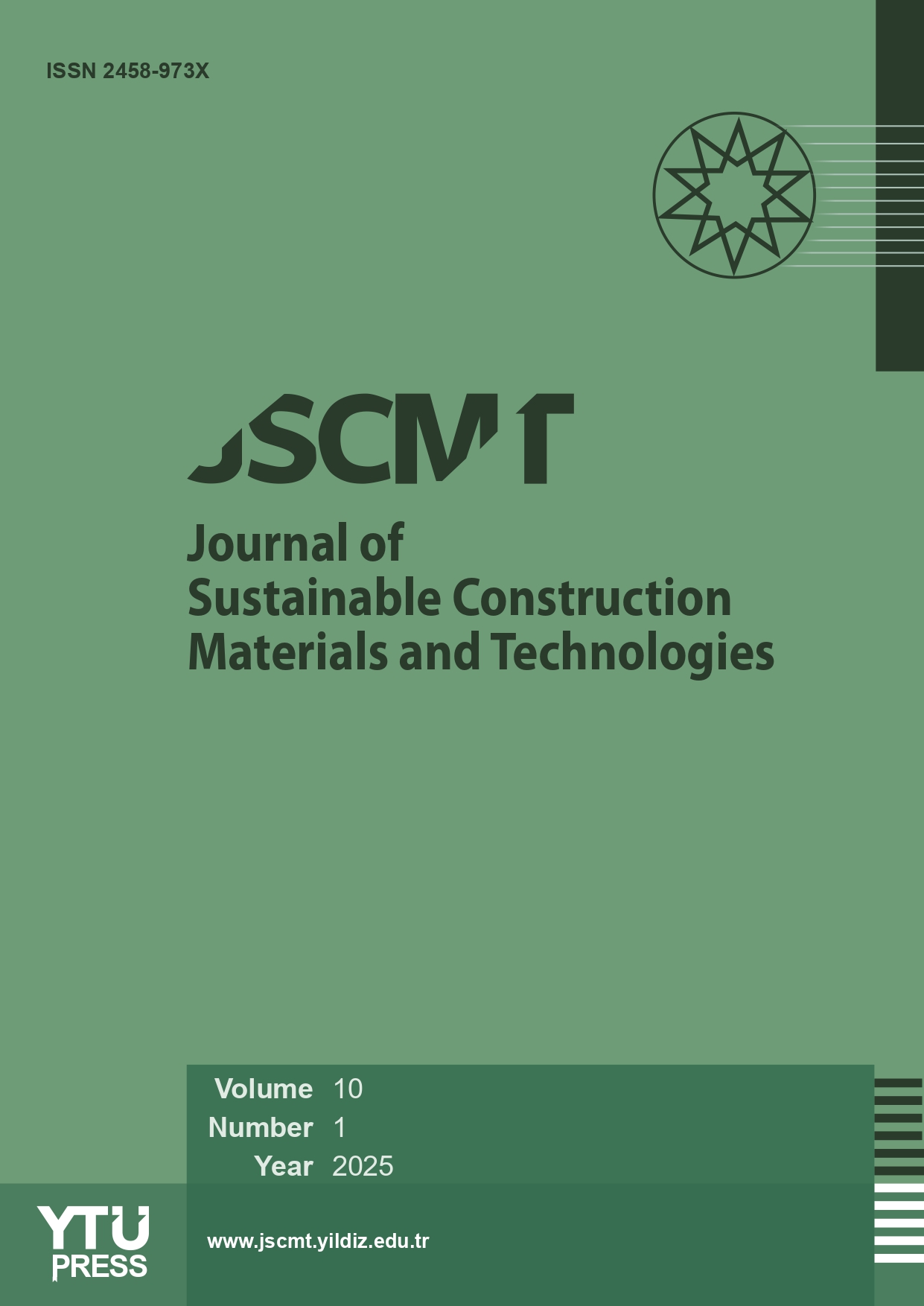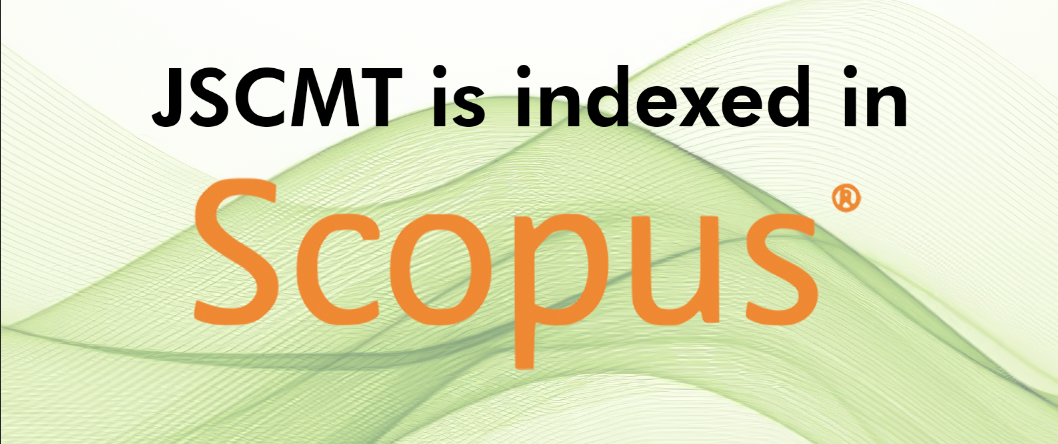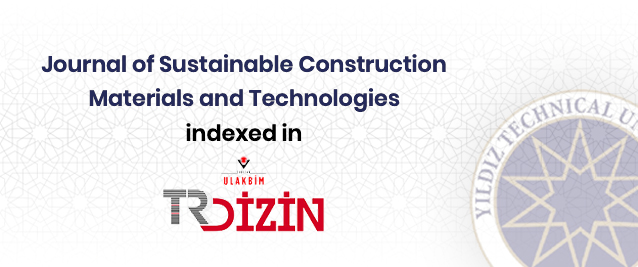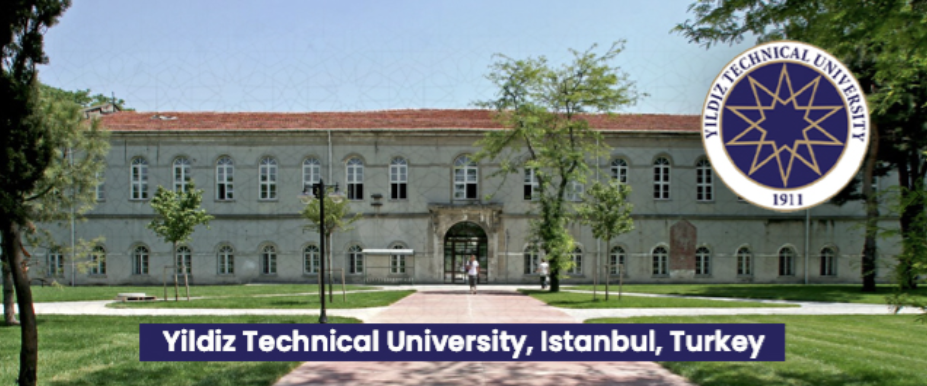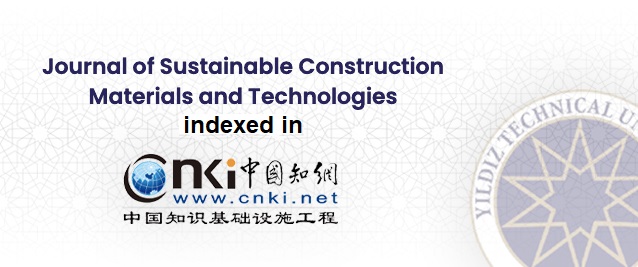Abstract
Vermiculite exfoliation is based on the principle that water between the layers evaporates and the crystal layers spread out, pressured by steam. As a result, elongated, curved particles are formed. The thermal properties of the final product formed are directly related to this exfoliation amount. In this experimental work, the exfoliation characteristic of natural vermiculate is studied. A series of experimental analyses were carried out to examine the expandability of natural vermiculite at different heating temperatures using the non-modification and Na+ modification methods. The thermal expansion process was experimentally performed by recording the exfoliation states and times at six different heating temperature values of 350 °C, 450 °C, 530 °C, 620 °C, 710 °C, and 840 °C, respectively, in a laboratory environment. In the study’s second phase, the thermal properties of new-generation composite mortars produced with exfoliated vermiculite aggregates were experimentally analyzed. Parameters such as thermal conductivity,
heat storage capacity, specific heat, and heat dissipation coefficient of mortar test samples prepared with exfoliated vermiculite aggregates are analyzed and discussed here. Test results showed that Na+-modified vermiculite samples expanded better than non-modified vermiculite samples for all expansion temperatures. When Na+-modified expanded vermiculite is evaluated in composite mortars, it reduces the unit weight of the mortar as it expands more, and the unit weight decreases. Accordingly, the compressive strength of the mortar decreases relatively. However, it has been determined that the thermal comfort properties of mortars using Na+-modified exfoliated vermiculite are better than those with non-modified exfoliated vermiculite.


